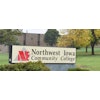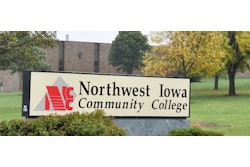Scholars and academic institutions help local communities grow new employment sector.
Emerging in recent years from the need for increased energy effi- ciency and conservation, greater reduction of greenhouse gas emissions, and stepped-up action to clean the environment, green jobs have arisen as a distinct employment sector within the U. S. and around the world.
While social and political activists have taken the lead to make sure low-income individuals get access to green jobs, scholars and academic institutions have joined them to provide institutional and intellectual support to the effort.
For Dr. Raquel Rivera Pinderhughes, the emergence of a green jobs sector for working class Americans has motivated the San Francisco State University urban studies professor to research the growing field and advocate for training and job opportunities for those seeking blue-collar environmental, or “green-collar” jobs as she describes it. The veteran scholar is the author of the “Pinderhughes model,” which establishes principles and objectives for green jobs training practices and employment placement.
“I have done research on urban poverty for about 30 years… . My particular focus in the green economy is on what I call these ‘green-collar’ jobs, which are living wage, manual labor jobs,” Pinderhughes says. “I have spent all of my academic career trying to figure out how to focus on solutions. It may be somewhat unique for a scholar who documents the problem to also then jump into the space of creating training programs.”
Scholars such as Pinderhughes and academic institutions are helping push the green-jobs movement toward providing poor and working-class Americans access to long-term and high-quality employment. Well aware that post-World War II employment trends in high technology largely bypassed Americans with relatively low education and work skills, scholars along with environmental justice activists, labor union officials, policymakers and others see considerable potential in what a vibrant 21st century green-jobs sector may offer socially disadvantaged Americans.
The careful study of environmentalism and urban issues, for example, led Pinderhughes “to understand that there might be a set of opportunities, probably entry-level opportunities that might be suited for people with lower levels of skill and education.”














